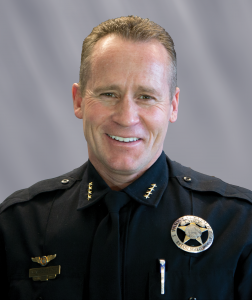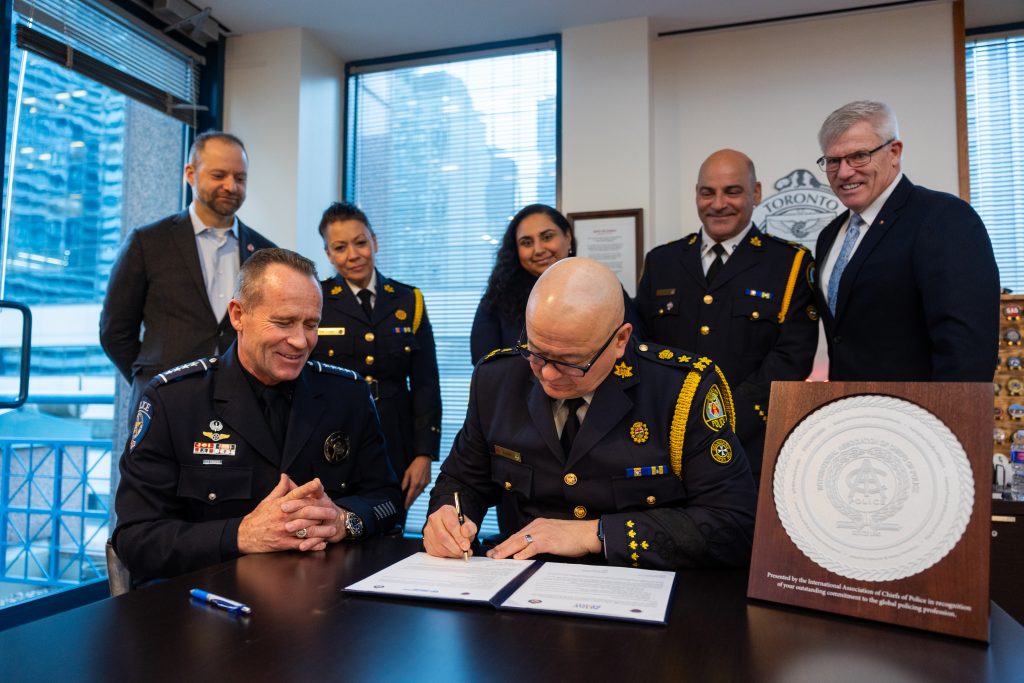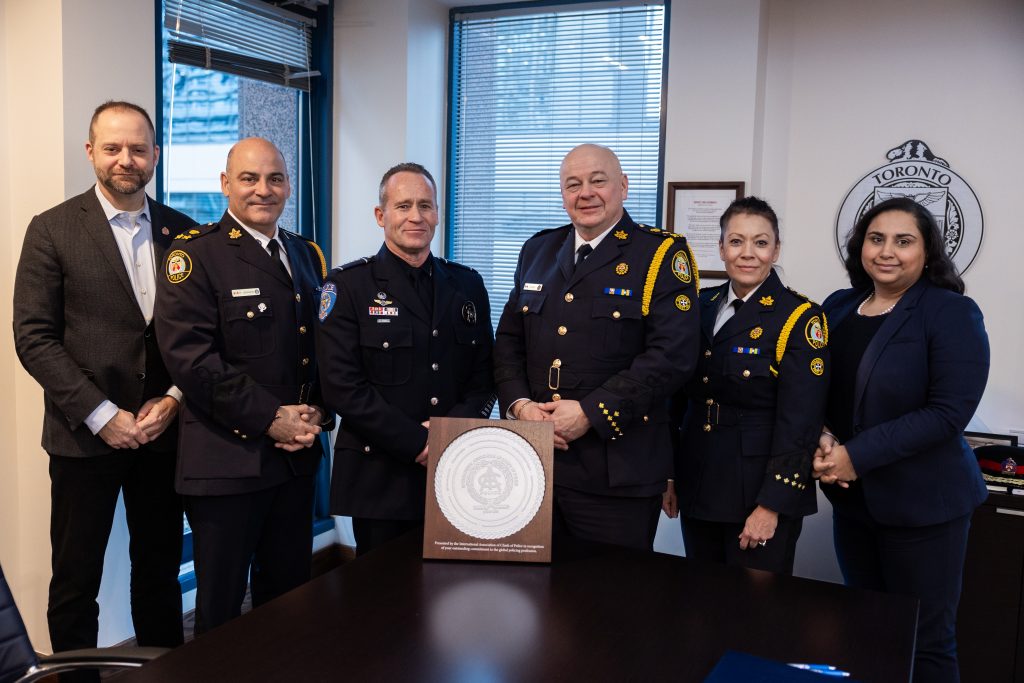
Park City Police Department, Utah
Trust is the cornerstone of any successful relationship between the police and the communities they serve. Trust fosters cooperation, open communication, and a sense of safety within the community.
When community members trust the police, they are more likely to report crimes, provide crucial information, and collaborate with law enforcement to address and prevent issues. Without trust, however, the relationship between the police and the community becomes strained, leading to a breakdown in communication and a lack of cooperation. Suspicion and fear can replace the sense of security that a community should feel, and the police’s ability to gather essential information and respond effectively to emerging challenges will be hindered. Therefore, building and maintaining trust is paramount to the success of the police’s mission of protecting and serving the community.
As leaders, we must continuously evaluate our operations, including trends in service to the community and, most importantly, what we are going to do to continue improving trust within our communities.
Many police leaders and agencies are making a commitment to enhancing trust within their communities by taking the IACP Trust Building Campaign pledge. All are doing important work, but I wanted to highlight the effort of the Toronto Police Service, Canada. Chief Myron Demkiw invited me to Toronto to participate in a signing ceremony of the Trust Building Campaign pledge, and he emphasized how the campaign’s focus on key policies and practices within the areas of bias-free policing; use of force; leadership and culture; recruitment, hiring, and retention; and victim services were of the utmost importance to the Toronto Police Service and the community it serves.
During this signing ceremony, I had the chance to discuss the Trust Building Campaign with Chief Demkiw, the challenges the Toronto Police Service has faced, why it is important to make this commitment, and any advice he would share with others.

Perspective from the Toronto Police Service
Q&A with Chief Myron Demkiw
What are some of the community trust challenges that the Toronto Police Service HAS been dealing with in the past few years?
As with other public sector organizations, law enforcement agencies are held, rightfully, to a high level of standard. The Toronto Police Service
is no exception. The public’s trust in our organization stems from how well we meet communities’ expectations around those standards. When I was sworn in
as chief a year ago, the first of my top three priorities was improving trust in and within the Toronto Police Service.
Policing is dependent on public trust. For some communities across Toronto, trust in police eroded over a period of years, through experiences that, at times, negatively affected the Service’s relationships.
Earning trust is something we strive for every day. We continue to address the concerns from and build trust with our Black, Indigenous, and LGBTQ2S+ communities in a number of ways, including listening to and engaging closely with members of the public, implementing the recommendations provided by experts over the past decade, and developing strategies and action plans derived from our own work internally.
The perception of how we respond to mental health–related or person-in-
crisis calls plays a significant role in the public’s trust in us. In addition to expanding the Mobile Crisis Intervention Team (MCIT) program and developing the Mental Health & Addictions Strategy, the Toronto Police Service is working with our city and community partners to develop alternative response models for people in crisis and for situations where mental health calls require a health response, not a law enforcement response.
In all of this, we also want to ensure we equip our members to effectively meet the needs of different communities. The job of the police can be extremely difficult, challenging, and dynamic. Our members take pride in their role as police officers and their dedicated service to this city. They strive to be professional and fair in all they do. To help them do this, we have co-developed specific training programs with community members and equity experts around Anti-Black Racism, Indigenous Experience, Gender Diverse Trans Inclusion, Mental Health, and Fair and Unbiased Policing.
In the United States and other areas around the world, we see that the murder of George Floyd has had a significant impact on community trust initiatives. What has been your experience in Toronto?
Toronto experienced a negative impact on community trust following the murder of George Floyd, especially among our Black communities. In some ways, this shocking and tragic event put an urgent and overdue spotlight not only on the pervasiveness of anti-Black racism in society—and policing,
specifically—but on all forms of racism and discrimination. We have been actively listening and responding to the realities that our communities have known about and experienced for many years. We know we will always have to be focused on this work.
Why is taking part in the Trust Building Campaign important to the Toronto Police Service?
The IACP Trust Building Campaign’s mandate to enhance trust between police agencies and communities directly aligns with our priority to improve trust in the Toronto Police Service. The policies and practices involved in the campaign pledge also support the work we already have underway, so it was a clear choice to take part.
I also see it as our responsibility. As the largest municipal police service in Canada and one of the largest in North America, it is important for us to lead by example and demonstrate our commitment to strengthen community trust and empower the voices of diverse communities in how we police.
It is also another signal to Toronto communities that we are steadfast in our commitment and that we are joined by law enforcement agencies around the world in working collaboratively with communities to repair, earn, and maintain their trust.
How did you get agency buy-in and generate awareness both within the Toronto Police Service and the community?
Last summer, I and our command team met to discuss these pledges. They were deliberated on and ultimately approved along with the IACP strategy as it became clear that the pledges are commitments that are already active or being implemented.
What is the link between trust and culture?
As I mentioned earlier, one of my key priorities is to build trust in and within the Service. A key phrase in that statement, “and within,” demonstrates the importance of engaging our members internally as well.
We recently launched the first iteration of Toronto Police Equity Strategy, The Road to Creating an Inclusive Workplace and Fairness in Community Safety. This strategy is both inward facing—for Service members—and outward facing—for the public and communities we serve.
Our ongoing commitment to organizational culture change helps us build an environment where each member of our police service can thrive and feel safe, supported, recognized, and valued. As we do this, we create a more resilient, empathetic, engaged, welcoming, and effective workforce.
I believe that the culture we cultivate on the inside directly impacts how communities experience their interactions with us externally. As with a lot of change, it all starts from within, both within individuals and organizations.
What advice would you have for other agencies as they work to build trust and consider taking the Trust Building Campaign pledge?
I would encourage anyone considering taking the Trust Building Campaign pledge to work in collaboration with members of your organization and the communities you serve—include spaces for all voices, be open to input and feedback, and bring them to the table early on.
Change must be co-developed, co-designed, co-delivered, and evaluated in meaningful and continued partnership with your communities. Work with the public to re-envision community policing, and do so in a way that treats people equitably, while promoting both healing and justice, resulting in true and enduring community safety and well-being.
Lastly, I would remind them that building trust is an ongoing journey. Trust is not a destination, but something that we must continuously strive to earn.d

Please cite as
Wade Carpenter, “Trust Building Campaign,” President’s Message, Police Chief 91, no. 2 (February 2024): 6–9.


